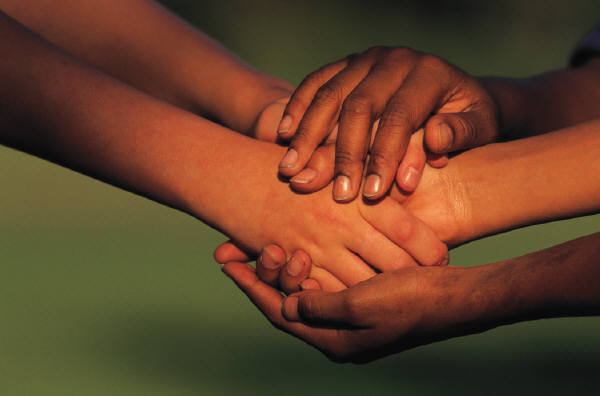Clinical depression is the most misunderstood mood disorder. Most people associate it with sadness and pessimism and that it can be avoided with a healthy state of mind. That’s where the problem begins however. It is not a disease that can be treated by choice, but is a serious medical condition that can be addressed with psychotherapy, medications or a combination of the two.

So what do you do if you think your friend or a family member is a victim?
Look for Signs
These can be physical, emotional, behavioral and cognitive symptoms. Clinically depressed people feel hopeless, sad and don’t enjoy activities like other people do. They are also unable to concentrate and find it difficult to make decisions. They may also be forgetful, feel worthless, and express excessive guilt. They don’t feel motivated to do or care about anything. They also tend to complain about different pains, weight gain or loss, and insomnia. If these symptoms are present for days at a time, it might be clinical depression.
History and Triggers
Family history can play a role in determining if the person has a high risk for developing clinical depression. Traumatic events like neglect, abuse and violence are common factors as well as death of a loved one. Alcohol and drug dependency may also result in depression.
Other factors like stress at work or school can also trigger. Depression can also be caused by chemical imbalance in the brain. There is also a study that women are more likely to develop depression than men especially when entering the menopause stage. People with chronic diseases may also develop depression.

How You Can Help
Most people who are depressed however don’t talk about the things that they feel. That is why depression is sometimes called “suffering in silence.” If you know someone who fulfils most of the symptoms above, convince him or her to see a doctor. Sometimes, only a doctor can determine of the person is clinically depressed.
Educate yourself and the people around you so that everyone can contribute. The symptoms of depression can’t be stopped by force of will alone, so telling your depressed friend or relative to cheer up and expect him/ her to be okay is insensitive. Practice patience and show sympathy. Some people think being depressed is like being stubborn.
Being More Understanding
Depressed people often have ideas about self-importance, love and support that are distorted from ours. Telling them to toughen up will not get through to them. If you show them you’re frustrated and exhausted, that will only lead them to withdraw further. Listen and play close attention to conversations.
They usually talk not because they need advice but they need someone who will listen. Do not shame them for being sad because that can cause more guilt. Encourage him/her to do activities that are relaxing and promote positive thinking. Depressed people sometimes think about death as a release from their suffering. If you see signs, take it seriously.





Leave a Reply